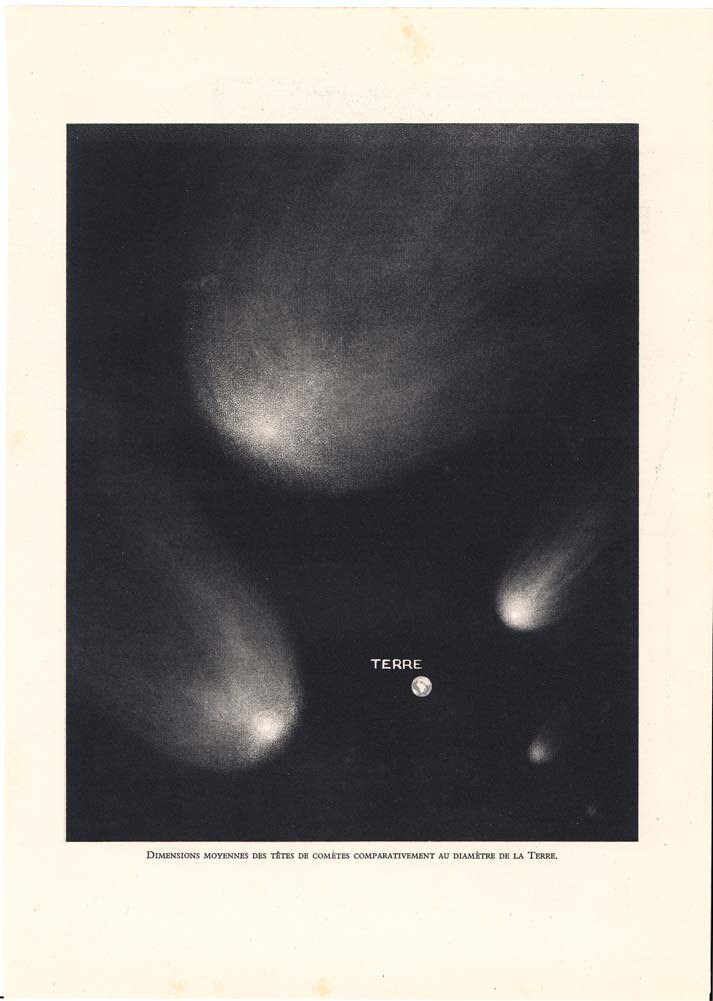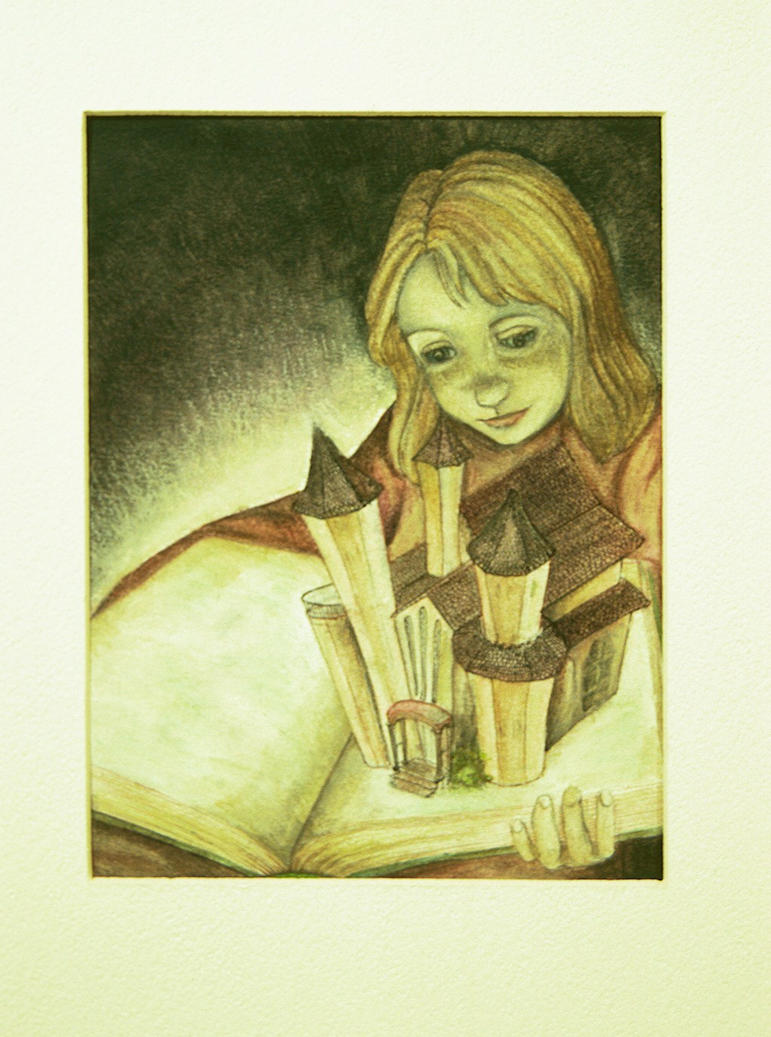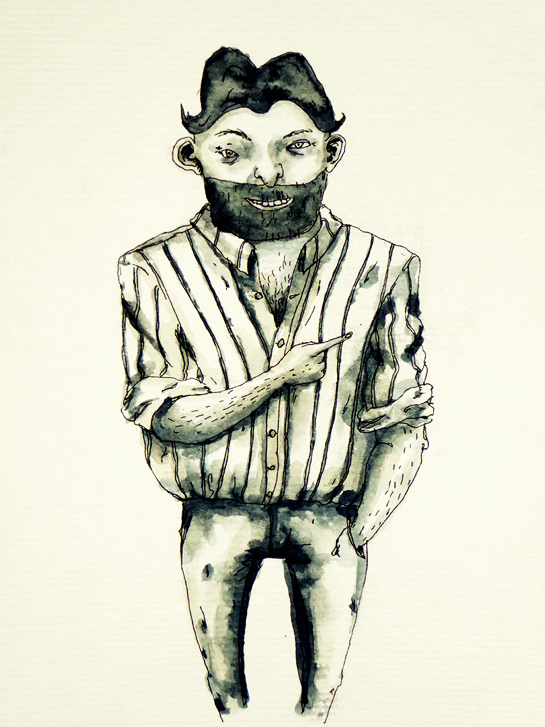George Orwell's 4 motivations to write:
1. Sheer egoism. Desire to seem clever, to be talked about, to be
remembered after death, to get your own back on the grown-ups
who snubbed you in childhood, etc., etc. It is humbug to pretend
this is not a motive, and a strong one. Writers share this
characteristic with scientists, artists, politicians, lawyers, soldiers,
successful businessmen — in short, with the whole top crust of
humanity.
2. Aesthetic enthusiasm. Perception of beauty in the external
world, or, on the other hand, in words and their right arrangement.
Pleasure in the impact of one sound on another, in the firmness of
good prose or the rhythm of a good story. The aesthetic motive is
very feeble in a lot of writers.
3. Historical impulse. Desire to see things as they are, to find out
true facts and store them up for the use of posterity.
4. Political purpose. Using the word ‘political’ in the widest
possible sense. Desire to push the world in a certain direction, to
alter other peoples’ idea of the kind of society that they should
strive after. No book is genuinely free from political bias.
Writing a book is a horrible, exhausting struggle, like a long bout
of some painful illness. One would never undertake such a thing
if one were not driven on by some demon whom one can neither
resist nor understand. It can be seen how these various impulses
must war against one another, and how they must fluctuate from
person to person and from time to time.
(Source)






























